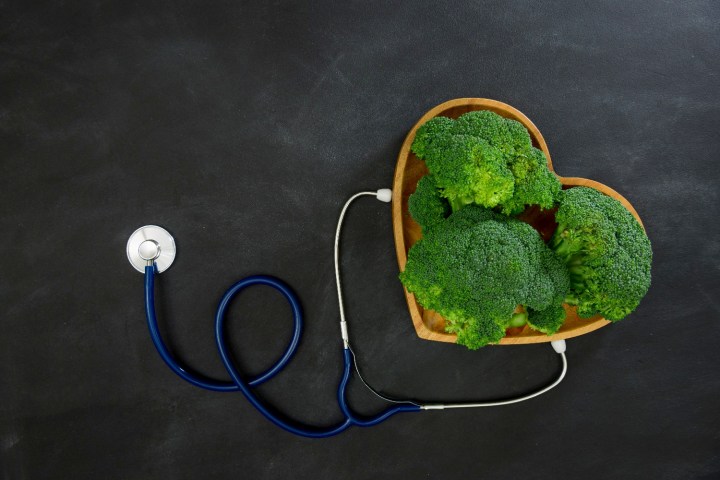
“Our primary goal was to make use of what we already have in our body for disease prevention and treatment; basically reprogramming gut microbes that live with us to convert food into drugs on demand,” Professor Matthew Wook Chang, one of the researchers on the project, told Digital Trends. “In this particular study, we reprogrammed gut microbes to harness dietary vegetable compounds to target colorectal cancer. These gut microbes specifically recognize and bind onto the colorectal cancer cell surface. Following this, the microbes use enzymatic conversion to unlock the latent anticancer properties of the plant-derived compounds to inhibit cancer cell growth and cause the cancer cells to self-destruct.”
In studies, the mixture of engineered probiotics and broccoli extract was shown to be capable of killing over 95 percent of colorectal cancer cells in a dish (although it had no effect on other types of cancer). The combination of probiotics and vegetables reduced tumor numbers by 75 percent in mice suffering from colorectal cancer. Those tumors which did appear were three times smaller than those found in mice which hadn’t undergone the treatment.
“We hope that these microbes could be used as a form of supplement drink or pills that could be taken on a weekly basis for people above a certain age or at risk of colorectal cancer,” Chang said. “The ingested microbes will screen the gut for any abnormal cells and naturally clear them with the help of a vegetable diet. Another application is to have these cells used in post-operative care where patients can take these microbes to help eliminate any remnant cancerous tissues after a surgery to remove the tumor.”
A paper describing the work was recently published in the journal Nature Biomedical Engineering.


